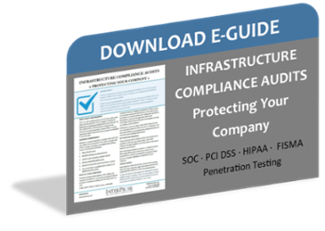2 Minutes
For those who attended ACA International’s Spring Forum in Las Vegas earlier this year, there was a special treat for the attendees at the end of the forum. During one of the last sessions, a group of attendees and speakers gathered and spent the better part of an hour engaged in a role-playing exercise that acted out a mediation session.
The scenario for the role play was an auditor at a collection agency who was dealing with accusations towards a female employee of one of their vendors for being inappropriate in attempts to guarantee the renewal of a contract. The exercise included a mediator, the accused, the accuser, an HR director, and legal counsel for each party.
Along with the 6 attendees involved, the audience was also able to "freeze" the scenario whenever they had a question or comment about what was happening. Doing this was a good way to get everyone involved in the activity without having to give each person a direct role in the exercise. This also opened up the role play to more opinions and ideas about how to handle the situation.
Seeking to work through a scenario, and be able to provide feedback about the right way to handle a mediation session, the participants did an amazing job staying in character and working through both sides of the problem.
 These scenarios are replicated in collection agencies nationwide, usually in a training or continuing education session. During these sessions, collection agencies will put new hires or employees through exercises where they engage with co-workers or colleagues on fake debt collection calls. Those role-playing exercises can help put a real-world spin on a situation so that if the employee ever comes across that situation, he or she can recall the training to know what to do.
These scenarios are replicated in collection agencies nationwide, usually in a training or continuing education session. During these sessions, collection agencies will put new hires or employees through exercises where they engage with co-workers or colleagues on fake debt collection calls. Those role-playing exercises can help put a real-world spin on a situation so that if the employee ever comes across that situation, he or she can recall the training to know what to do.
Scenarios that are repeatedly mismanaged by collectors and open companies up to liabilities include identifying and statusing accounts as disputed, properly disengaging with a combative consumer, and how to properly handle bankruptcies or deceased consumers.
Employees may try and shirk away from role-playing exercises because they can be embarrassing or make people feel awkward, but that doesn’t mean companies should shy away from them. Taking people out of their comfort zones can actually be helpful in re-enforcing a training technique and getting people to remember important pieces of information.
Role playing can help employees build confidence, develop important listening skills, and expose them to creative problem solving. It’s hard to argue against the importance of any of these items in the day-to-day operations of a collection operation.